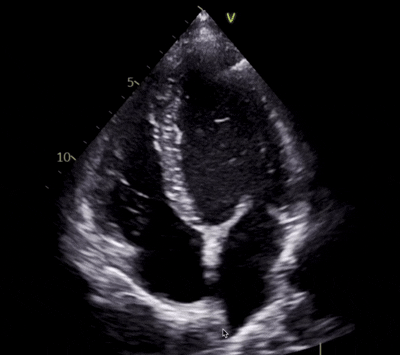Services
Complete Transthoracic Echocardiogram
(CPT93306)
Limited Transthoracic Echocardiogram
(CPT93308)
Limited Transthoracic Echocardiogram
(CPT93321)
Self-pay: $350–$450
Pricing varies by service. Contact us for full details.
In-Network Plans
Medicare
Blue Cross Blue Shield
Cigna
Aetna
United Healthcare
Martin’s Point
Community Health Options
Humana
Taro Health
Mainecare
Patient Advocates
3 Easy Steps to Schedule
Step 2
Your provider can fax the imaging order to our office.
Fax: (833) 972-4822.
Step 3
Echo will be completed and interpreted by our Cardiologist.
Results are sent to your provider within 48 hours.
Transparent self-pay pricing and insurance accepted.
Why More Patients Are Choosing Self-Pay
Hospitals charge $900–$2,500 for the same echocardiogram. As more costs shift to patients, self-pay options are growing — and independent centers like ours can provide the same service for just $450, with transparent pricing and faster access.
FAQs
-
Yes — a referral is required for an echocardiogram.
Please have your provider fax the imaging order to 833-972-4822. This ensures we receive the relevant clinical details and have an appropriate destination to send your final report if your provider needs to offer follow-up medical guidance. -
A cardiac ultrasound test that checks the structure and function of the heart muscle, valves, and chambers. A hand-held wand is placed on the chest and high-frequency sound waves are used to create 2D diagnostic images. Doppler and Color Doppler are also used to evaluate blood flow across the heart valves.
-
A transthoracic echocardiogram (TTE) — the type performed at Echo Imaging Solutions — typically takes 40 to 60 minutes.
The exact duration can vary depending on image quality, patient anatomy, and the complexity of any findings observed during the study. -
Many patients refer to an echocardiogram as an "echo" and this test is used to visualize the heart in real-time. Moving 2D images of the heart are taken to assess the overall structure and function. This is a non-invasive test that is readily available and affordable.
An electrocardiogram (EKG) is used to assess the heart's electrical activity and is not a form of imaging. An EKG produces a graph that displays the heart rate and rhythm.
-
There is generally no preparation needed for an echocardiogram. Patients can eat, drink, and take their medications before the test.
You will be asked to remove your clothing from the waste up and put on a hospital gown. Three electrodes will be placed on the chest and you will be lying on your left side for a majority of the echo. A small amount of gel will be put at the end of the transducer and the probe will be placed on different areas of the chest to acquire images.
The sonographer may have you hold your breath to improve the quality of the ultrasound images. The only discomfort may be from the pressure of the probe on your chest.

